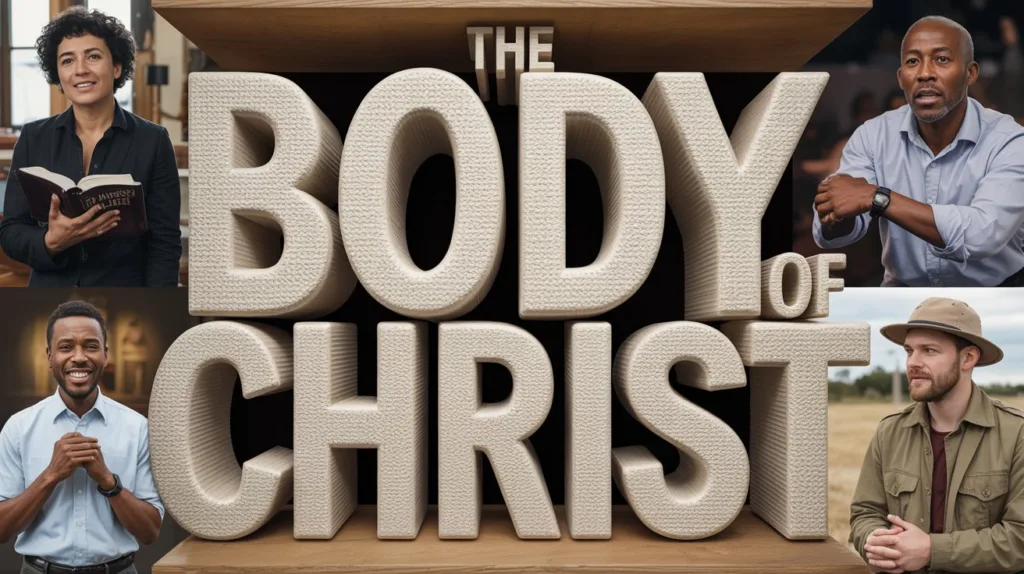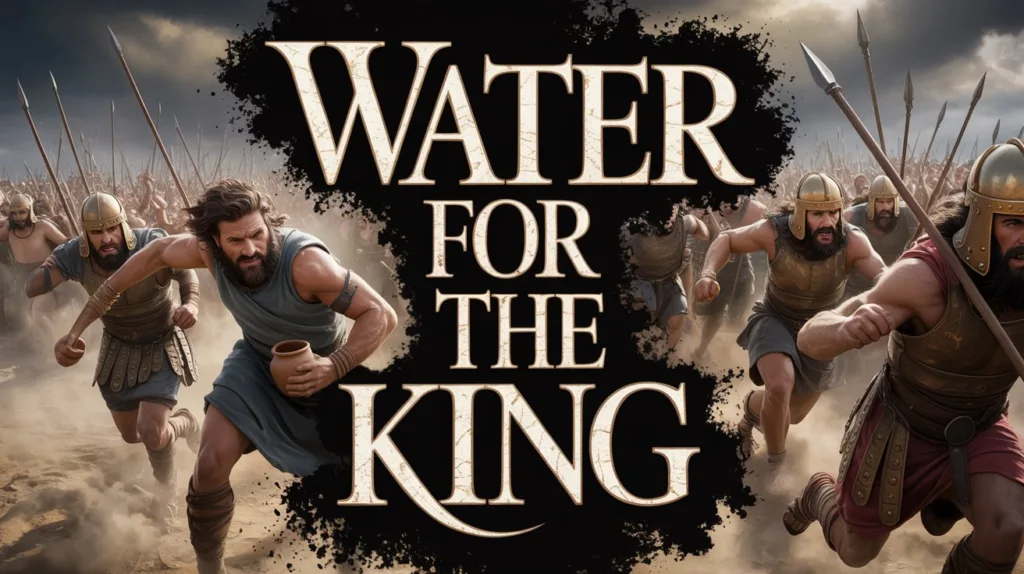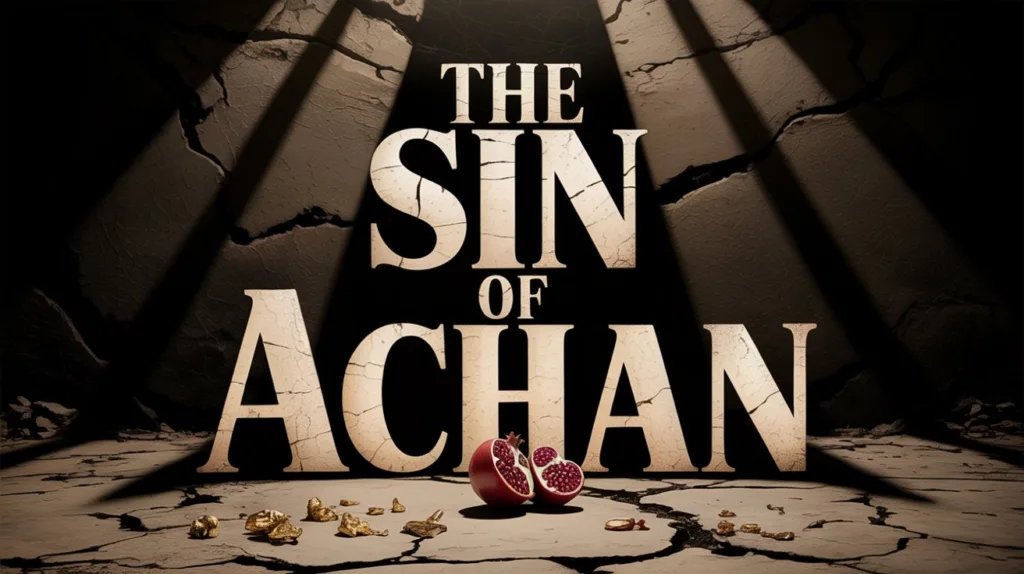Tyre was an ancient Phoenician port city located on the Mediterranean coast in what is now southern Lebanon. It is first mentioned in Joshua 19:29 as part of the border of the inheritance of the tribe of Asher. Tyre became renowned for its wealth, trade, and skilled artisans, and it played a major role in the ancient world’s commerce, especially through its harbor and production of purple dye.
Tyre had a relationship with Israel during the time of David and Solomon. Hiram, king of Tyre, sent materials and craftsmen to help David build his house (2 Samuel 5:11) and later supplied cedar wood, skilled labor, and gold for Solomon’s temple (1 Kings 5:1–10; 2 Chronicles 2:3–16).
Despite these friendly relations, Tyre was frequently condemned by the prophets for its pride, idolatry, and treatment of Israel. In Isaiah 23, a burden is pronounced against Tyre, predicting that it would be forgotten for seventy years but later would return to her trade, though her profit would be consecrated to the Lord (Isaiah 23:15–18).
The most detailed judgment comes from Ezekiel 26–28. In Ezekiel 26:3–5, the Lord says, “Behold, I am against you, O Tyre… They shall destroy the walls of Tyre and break down her towers.” The prophecy declared that Tyre would be scraped like the top of a rock and become a place for spreading nets. This was partially fulfilled through successive attacks, including by Nebuchadnezzar and later Alexander the Great, who destroyed the mainland city and built a causeway to capture the island city.
In Ezekiel 28, a lament is directed at the “prince of Tyre,” who exalted himself as a god. This passage also contains language that points beyond the human ruler, possibly describing Satan’s pride and fall, noting one who was in Eden, the anointed cherub (Ezekiel 28:12–17).
Jesus mentioned Tyre in the Gospels, saying that if the mighty works done in Chorazin and Bethsaida had been done in Tyre and Sidon, they would have repented long ago in sackcloth and ashes (Matthew 11:21–22), indicating that Tyre would have responded more humbly than many in Israel.
Tyre stands as a symbol of human pride, material wealth, and eventual divine judgment. Though powerful and rich, it could not stand against the word of the Lord, and its history fulfills God’s declaration that He resists the proud but gives grace to the humble.





 Get the book that teaches you how to evangelize and disarm doctrines from every single major cult group today.
Get the book that teaches you how to evangelize and disarm doctrines from every single major cult group today.